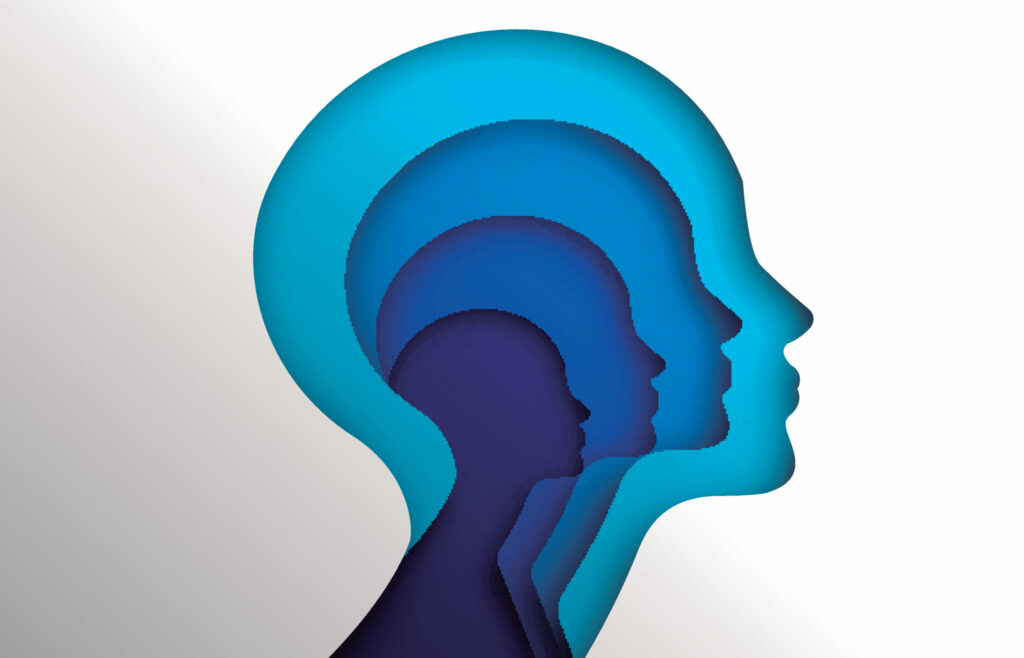Many children grow up in environments that are detrimental to their emotional, mental, and physical wellbeing. The environment that surrounds a child is a fundamental aspect to their development. When we look at chronic childhood trauma, we are often looking at what risk factors were present in the child’s environment throughout their upbringing.
Risk factors for developing childhood trauma
Here are a few of the risk factors that may contribute to a person developing early childhood trauma:
- Chaotic and unstable home
- Parent who is addicted to alcohol and/or drugs
- Domestic abuse
- Abuse – physical, emotional, sexual, and neglect
- A parent who was mentally ill
- And I will include a lack of attachment between parent and child since attachment is key to healthy development
The experiences we have in childhood help create the adults we become. The adversities and stressors we face have an impact on our perceptions, thoughts, feelings, behavior, and relationships in adulthood. Exposure to severe and pervasive adversities ultimately affects the brain and overall development of a child, which continues into adulthood. Childhood trauma is not something we outgrow or that goes away as soon as we move into our adult years. It has lasting negative effects in all areas of a person’s life.
Recovering from childhood trauma
Oftentimes individuals enter therapy not understanding themselves, struggling to cope with their feelings, or suffering from anxiety, depression, chronic pain, and other mental illnesses. Not all of these issues and concerns are a result of childhood trauma but a large majority of concerns I see are a result of chronic childhood stressors and adversities. As quoted by Peter Levine, “Trauma is perhaps the most avoided, ignored, belittled, denied, misunderstood, and untreated cause of human suffering.”
Besides the impact on your mental health, the long-term stress stemming from childhood trauma can also impact you in other ways including chronic health issues, eating disorders and substance abuse. Regardless of the cause of your trauma, leaving it untreated can have a prolonged impact on your physical and mental health. By seeking help from a trained psychologist, you can gain the tools to help manage the effects of trauma now and in the future.
Resources for understanding childhood trauma
If you would like to learn more about childhood trauma and its impacts, here are a few books I recommend:
- Waking the Tiger: Healing Trauma by Peter Levine, Ph.D.
- Childhood Disrupted: How Your Biography Becomes Your Biology, and How You Can Heal by Donna Jackson Nakazawa
- The Body Keeps the Score: Brain, Mind, and Body In The Healing of Trauma by Bessel van der Kol, M.D.
If you feel like you may benefit from exploring your childhood further and/or would like to find ways to help process trauma, I can help you.
BOOK A SESSION

